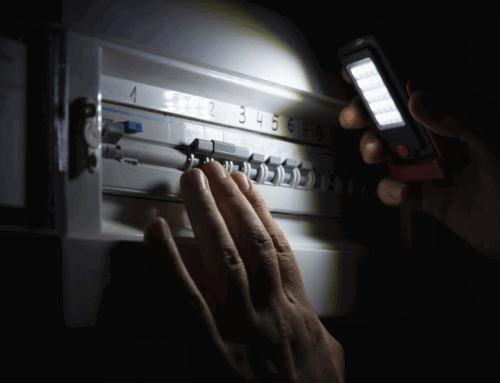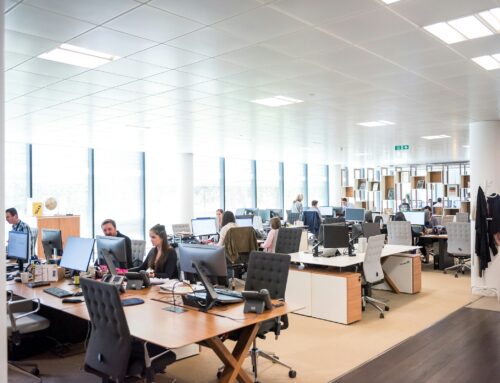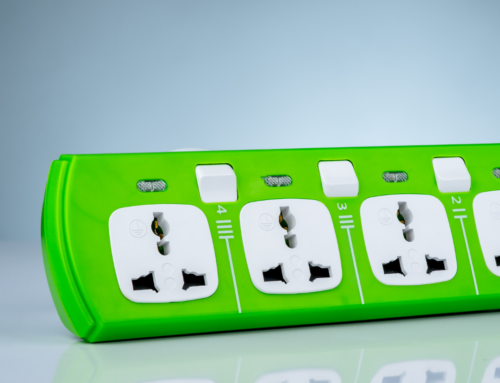An electrical inspection is an essential part of ensuring the safety, reliability and compliance of a property’s electrical system. Whether you’re a business owner managing a commercial building or a landlord meeting legal obligations, understanding how long an electrical inspection takes can help with planning and budgeting.
In this article, we’ll explore what’s involved in an electrical inspection, what factors affect the time required, and why regular inspections are important — all with a focus on the keyword “electrical inspection” for SEO purposes.
What Is an Electrical Inspection?
An electrical inspection is a thorough assessment of a property’s electrical system carried out by a qualified electrician. It typically includes checking the condition of wiring, consumer units (fuse boards), sockets, switches, lighting circuits, and safety devices such as RCDs (residual current devices). In the UK, the most common form of this assessment is the Electrical Installation Condition Report (EICR).
An EICR determines whether your electrical installation is safe for continued use. It is especially crucial for commercial properties, rental properties, and buildings that are changing ownership or usage.
So, How Long Does an Electrical Inspection Take?
The duration of an electrical inspection depends on several key factors:
-
Size of the Property
The larger the property, the longer the inspection will take. A small commercial unit may take 2 to 4 hours, whereas a multi-floor office building or industrial facility could require a full day or even several days. -
Age and Condition of the Installation
Older electrical systems often require more time to inspect. Worn-out components or non-compliant wiring may involve additional testing or investigation. If the system has not been inspected in many years, expect the process to take longer. -
Accessibility of Electrical Components
If sockets, switches, or fuse boards are difficult to access — perhaps behind furniture, in ceiling voids, or in locked rooms — this will increase inspection time. Ensuring clear access beforehand can speed up the process. -
Type of Use
Commercial and industrial premises with specialist equipment or three-phase supplies generally require more detailed inspections than domestic properties. Complex installations require more extensive testing and documentation.
Typical Timeframes
To give you a rough guide:
-
Small Office or Retail Unit: 2–4 hours
-
Medium Commercial Property: 4–6 hours
-
Large Commercial or Industrial Premises: 1–2 days
-
Multi-site or High-Risk Environments: Several days or more
These are average times — your electrician will give a more accurate estimate based on the specifics of your site.
Why Regular Electrical Inspections Matter
While the time taken for an electrical inspection might feel inconvenient, the benefits far outweigh the temporary disruption. An electrical inspection can:
-
Identify faults before they become hazardous
-
Prevent downtime from unexpected electrical failures
-
Ensure compliance with UK regulations (especially for landlords and businesses)
-
Provide peace of mind for property owners and tenants alike
In the UK, commercial premises and rental properties must typically undergo an EICR every 5 years, or more frequently if recommended. Insurance providers may also require proof of a recent electrical inspection to validate cover.
Conclusion
The length of time an electrical inspection takes varies depending on the size, complexity, and condition of your property’s electrical system. However, even the most detailed inspection is a worthwhile investment in safety, compliance, and operational continuity.
If you’re planning an electrical inspection, contact a qualified electrician who can provide a tailored estimate and help you stay compliant with current safety standards.







Leave A Comment